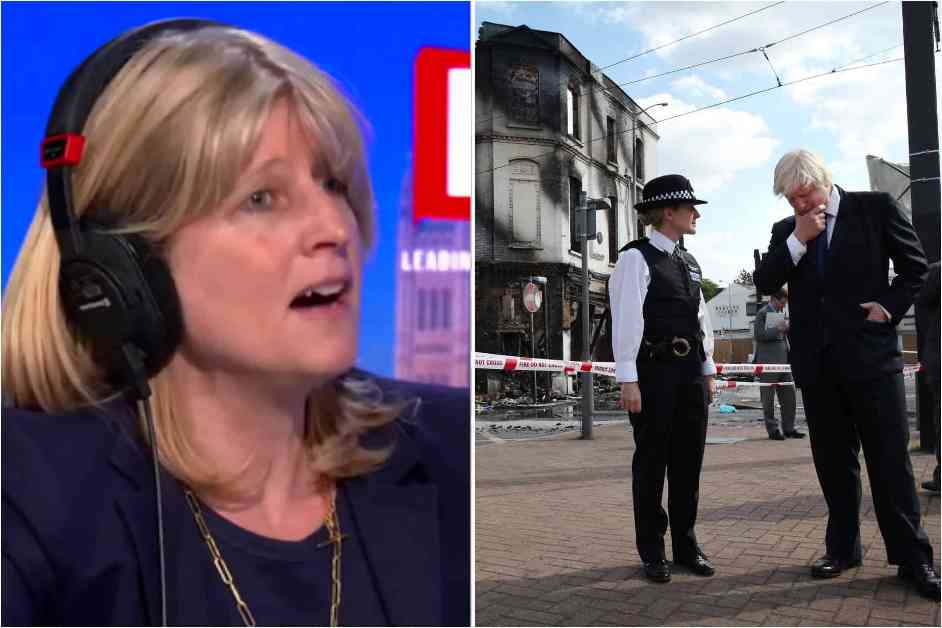Rachel Johnson, the sister of Boris Johnson, has recently shared a surprising reason for her brother’s absence during the 2011 London riots. The former Prime Minister was on holiday in Canada with his family when the riots broke out, and according to Rachel, he couldn’t immediately return because his wife, Marina, who is only 5 foot 2, couldn’t reach the pedals of their RV.
This revelation has sparked a mix of reactions from the public, with some finding it amusing and others questioning the priorities of the then-Mayor of London. While Boris Johnson eventually returned to London and participated in the clean-up efforts, his initial absence has become a topic of discussion once again.
The 2011 London riots were a significant event in the city’s history, with widespread looting, arson, and violence taking place over several days. The fact that the Mayor of London was not present during the early stages of the riots raised concerns and criticisms from the public and political opponents.
However, Rachel Johnson’s explanation sheds a new light on her brother’s absence, highlighting the personal circumstances that influenced his decision. It also offers a glimpse into the dynamics of the Johnson family and the challenges they faced during that time.
While the story may seem unbelievable to some, it serves as a reminder that public figures are also individuals with personal responsibilities and limitations. The revelation adds a human element to the narrative of the London riots and the role of political leaders during times of crisis.
As we reflect on this bizarre reason for Boris Johnson’s delayed return during the 2011 riots, it prompts us to consider the complexities of balancing personal life with public duties. The incident serves as a reminder that even the most powerful figures are not immune to family obligations and practical constraints.
In conclusion, Rachel Johnson’s revelation about her brother’s absence during the London riots offers a unique perspective on a well-known event in recent history. It invites us to consider the personal side of political leaders and the factors that influence their decisions. Ultimately, it adds a touch of humanity to a story that is often viewed through a lens of politics and power.












